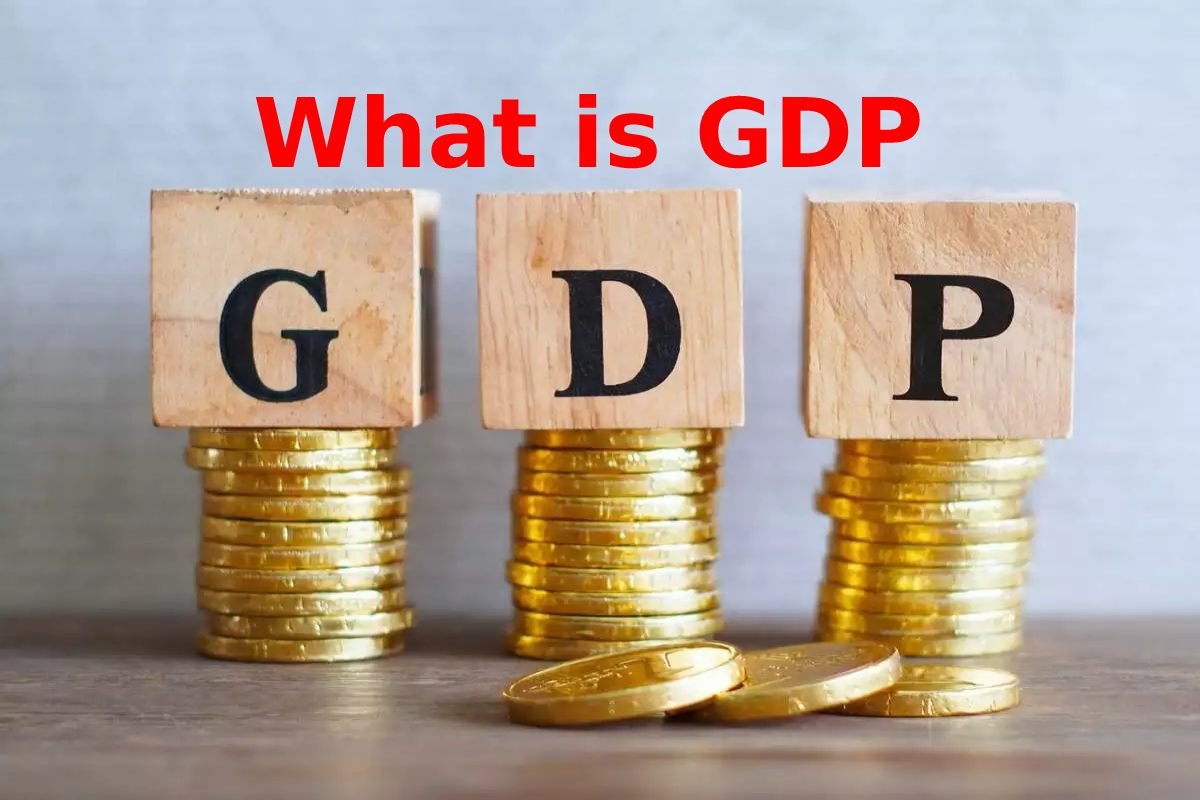GDP views for “gross domestic product” or “gross domestic creation.” GDP is the financial value of all final goods and services formed in a territory during a given period, usually one year.
By goods, we mean all the finished products that reach the hands of the consumer (food, technology, clothing, etc.). By services, we refer to the activities that we hire. For example, taxis, restaurants, educational or creative activities, etc
Table of Contents
Characteristics of GDP
The main features of the gross domestic product are as follows:
- It is a macroeconomic indicator: it provides information on the economy’s behavior.
- Government entities carry out its calculation: it is generally govern by the criteria define by the International Monetary Fund (IMF).
- It only considers production and legal businesses: this means that informal trade, the black market and illicit companies (such as drug trafficking or arms trafficking) are not evaluated, among other things, because they do not leave a record.
- It does not consider the deterioration of resources, such as equipment or infrastructure. So, it does not provide information on asset and reinvestment costs.
GDP Per Capita
GDP per capita means gross local product per person. It is the result of dividing the GDP by the number of inhabitants.
For example, in 2018, Mexico’s reached 1,220,699.48 million dollars. Separating this number by the total number of inhabitants in that year, the Mexican per capita GDP was record at 9,673.44 dollars. In indifference, the GDP of the United States was 20,544,343.46 million dollars, and the [GDP] per capita was 62,794.59.
For example, if we link the GDP per capita of Mexico in 2019 with the minimum wage, we will notice the former touched the figure of 10,275 dollars at the end of the year. However, the minimum wage is equal to 1,634 dollars per year.
Nominal GDP
There are two different kinds of GDP; both are necessary to understand the economic behaviour of nominal GDP and real.
Nominal GDP is calculate base on current prices or market prices of goods and services, which can be affected by inflation or deflation. It means that nominal GDP is focused on price fluctuations rather than production.
For example, suppose that a country produced 35 pieces of clothing at $2 per unit in year one. Then, in year 2, manufacture was 20 pieces, but values were raise to $3.
Real GDP
Real refers to the financial value of final goods and services based on constant prices without considering price variations due to increases.
To determine continuous prices, analysts establish a base year. It means that they take the prices of a specific year as a reference and, based on this indicator, calculate the GDP of the desired period. It makes it possible to compare the results and evaluate the growth of production itself, and not that of market fluctuations.
How to Analyze GDP (Formula)
GDP can be calculate built on three different methods or approaches giving to production or “value-added”; according to the flow of expenses or income or the flow of income. Any of these methods should match your result. The use of one way or another will depend on the data available when making the calculation.
According to Production or Value-Added
It is calculate by totalling the sales value of products, called “gross value added” (GVA) minus the value of raw resources, plus the difference between taxes and grants.
The method to calculate it according to the flow of income is:
GDP = GVA + (Taxes – Subsidies)
The calculation of GDP allowing for production or value added is intend to avoid double counting of goods. Some of these are incomes or “intermediaries” for gaining final products.
For example, wheat flour is an intermediary resource for the manufacture of bread. If an analyst were to take wheat flour and the bread produced from that flour as end products, he would be doubling the goods, and calculating would be inefficient.
Difference Between GDP and GNP
The difference between the GDP and the GNP lies in the fact that the [GDP] is limited to measuring the total production within the country’s limits, regardless of whether the producing agent is foreign.
Instead, the GNP or “gross national product” only measures national production, whether inside or outer the country’s territory.
So, it excludes the accounting of the production of overseas companies within the national territory but includes the accounting of national companies in unfamiliar territory.
Conclusion
Gross domestic product is a monetary ratio of the market value of all the final goods and facilities produced by countries in a specific period.
Also Read: What is Network Protocol? – Work, Types, and More

